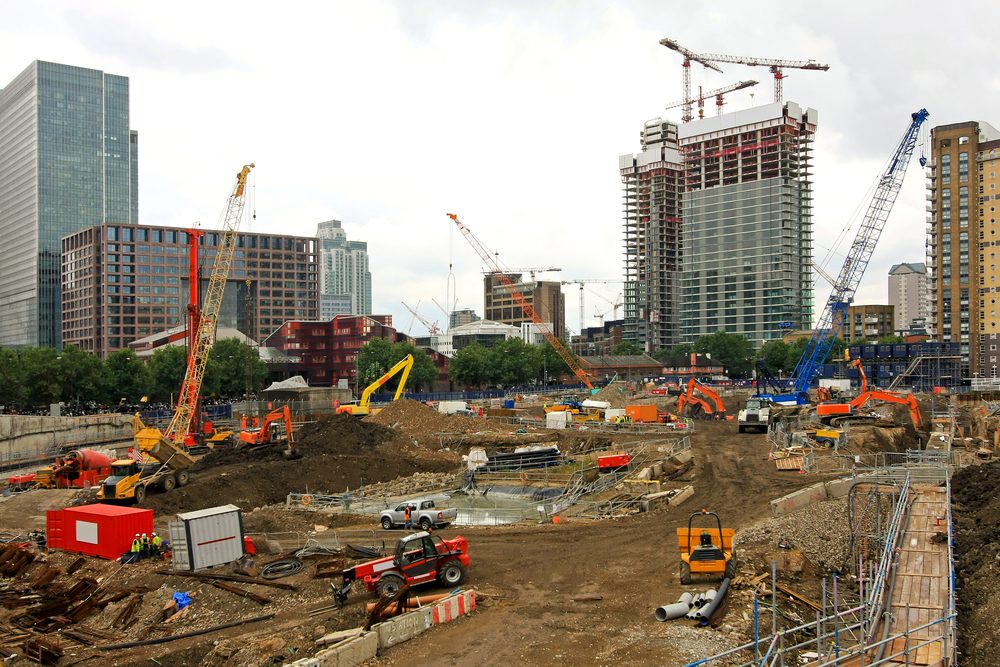The Quick Take: NPORS Acceptance in the UK
In the UK, many construction sites and industries do accept NPORS (National Plant Operators Registration Scheme). However, the acceptance often depends on specific site requirements, the nature of the project, and the preferences of the main contractors. While NPORS is a recognised certification, some sites may still prefer or mandate CPCS (Construction Plant Competence Scheme).
NPORS: An Overview
What is NPORS?
NPORS is an accreditation that offers flexibility to the plant industry in the UK, offering both novice and experienced worker routes. It provides proof of an individual’s ability to operate specific types of machinery safely.
Benefits of NPORS
- Flexibility in training and assessment.
- Accreditation for a broad range of equipment.
- More cost-effective than some other schemes.
- Adaptable to employer-specific requirements.
Comparing NPORS and CPCS
Both NPORS and CPCS serve to provide certifications for plant operators in the UK, but there are differences that employers and sites need to consider.
| NPORS | CPCS | |
|---|---|---|
| Flexibility | High | Moderate |
| Range of Equipment | Wide | Wide but specific to the construction industry |
| Cost | Generally lower | Higher due to longer training duration and assessment |
| Recognition | Widely recognised, but with occasional site-specific exceptions | Widely recognised in the construction industry |
Why the Preference for One Over the Other?
The main contractors or clients may have specific requirements or preferences based on past experiences, risk assessments, or insurance requirements. While NPORS offers greater flexibility, some sites might see CPCS as a more rigorous standard due to its longer assessment.
What Sites and Employers Say
“I’ve worked on various sites across the UK, and I’ve seen a growing acceptance for NPORS, especially in areas outside of the major cities.”
“As a site manager, I value both NPORS and CPCS. It’s not just about the certification but the competency of the operator.”
These quotes highlight the importance of recognising the operator’s skill and the certification’s value. However, there’s a consensus that while NPORS is gaining ground, both certifications have their place.
What does an NPORS card cover?
NPORS stands for the National Plant Operators Registration Scheme. It is a UK-based accreditation and registration body for operators of plant machinery used in construction and other sectors. An NPORS card is an identification card that proves the holder has received accredited training and assessment in the operation of specific types of machinery.
The NPORS card covers a wide range of plant machinery and equipment. Some of the types of machinery and the roles it covers include, but are not limited to:
- Excavators (e.g., 360-degree, mini, tracked)
- Forward tipping dumpers
- Telescopic handlers
- Skid steer loaders
- Ride-on rollers
- Mobile elevated work platforms (MEWPs)
- Tower cranes
- Slinger/signaller operations
- Forklift trucks
- Road rollers
- Tracked dozers
- Agricultural tractors
- Mobile cranes
- Loading shovels … and many more.
Each card will detail the specific machinery and equipment the holder is trained and competent to operate. It will also have an expiration date, typically lasting for a period of 3-5 years after which renewal is necessary.
The aim of NPORS is to ensure that plant operators have a recognized certification that indicates their training and competence. This ensures both safety on worksites and a standard of operation that employers and contractors can trust.
Does NPORS cover health and safety?
Yes, NPORS does cover health and safety. A primary objective of the National Plant Operators Registration Scheme (NPORS) is to promote high standards of health and safety during the operation of plant machinery.
When individuals undergo NPORS training for a specific type of machinery or equipment, the training not only addresses the operational aspects of that machinery but also emphasizes the health and safety protocols associated with its use. This includes, but is not limited to:
- Risk Assessments: Understanding potential hazards associated with the machinery and the environment in which it’s operated.
- Safety Checks: Conducting pre-use inspections to ensure the equipment is safe and fit for operation.
- Safe Operation: Techniques and procedures to ensure safe operation, including awareness of other workers, pedestrians, and obstacles.
- Emergency Procedures: Understanding and being prepared for potential emergencies, including equipment malfunctions or unexpected situations.
- Maintenance and Safe Storage: Knowing how to properly maintain the equipment and store it safely when not in use.
Moreover, NPORS also offers specific training courses dedicated to health and safety topics beyond plant operation, reinforcing its commitment to promoting safety in the industry.
It’s worth noting that having an NPORS card indicates that the holder has been trained in the safe operation of the specified machinery, aligning with recognized safety standards. However, individual sites and employers may have additional safety protocols and training that they require operators to follow or undergo.
Concluding Thoughts
While NPORS is widely accepted across the UK, there isn’t a one-size-fits-all answer. Before starting a project, it’s crucial for operators and employers to check the specific site or client requirements. This ensures that the right certifications are in place, reducing delays and potential conflicts.
Ultimately, the objective is to ensure the safety and competency of plant operators. Whether through NPORS or CPCS, the UK construction industry strives to maintain high standards for its workforce.


